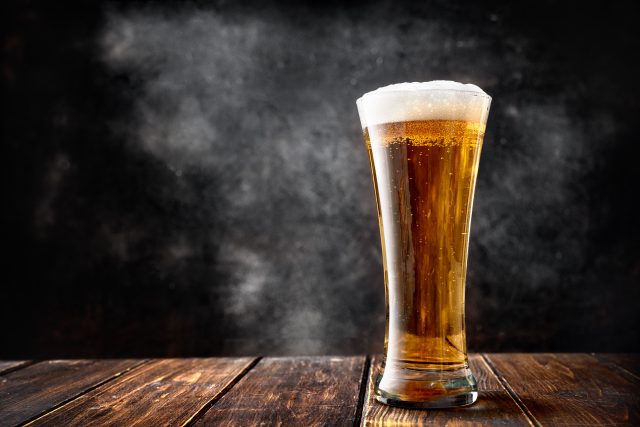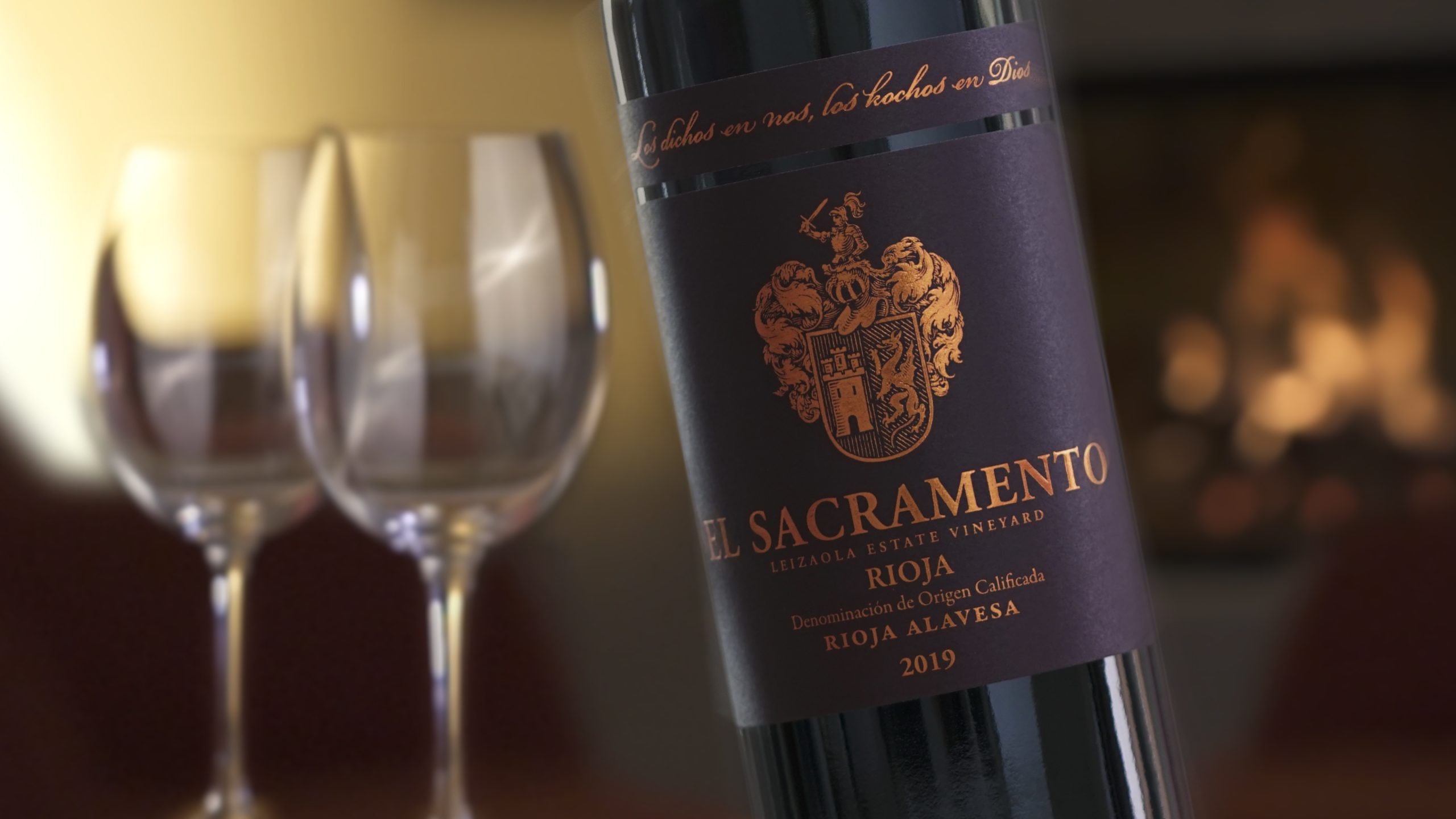Drinks giants at war over the meaning of “beer”
By Ron EmlerA New York court has refused to throw out AB InBev’s legal case against Constellation Brands, meaning that the two drinks titans remain at loggerheads over the definition of the term ‘beer’.

What is beer? It was defined as early as 1516 in Bavaria’s Reinheistsgebot, the famous purity law which classified it as a beverage produced solely from water, barley and yeast.
Since then every significant dictionary has provided its own description, and various national excise laws have further underpinned the definition of probably the world’s most popular brewed beverage.
But seemingly none is sufficiently specific to satisfy two of the world’s biggest drinks group, Anheuser Busch InBev, the Number one brewer, with a stock market value of around US$90 billion, and Constellation Brands, the leading US drinks producer, valued at US$45 billion.
The two are locked in what could become multi-billion dollar lawsuits over the use of the Corona and Modelo Mexican beer brand names in the US.
Back in 2013, AB InBev was allowed to complete one of the biggest beer takeovers to date when it bought the remainder of Mexico’s Modelo group that it did not already own. The US trade regulators approved the transaction only on the basis that it avoided market dominance by passing to Constellation a licence to brew and distribute the brands in the US. AB InBev retained brand ownership rights in the rest of the world.
That deal has transformed the fortunes of Constellation, which has become the leading brewer and distributor of premium Mexican beers in the US, so much so that about 80% of its business is now based on beer and it is spending US$1.4 billion on a new plant in southern Mexico to cater for fast expanding demand.
To put matters into perspective, Constellation’s backers have seen their investment increase six-fold over the past 10 years.
The two groups are now at loggerheads over a drinks category that hardly registered on the barometer of sales when the original deal was signed; hard seltzers.
These RTDs sprang into view when Mark Anthony Group launched White Claw in 2016. Boston Beer joined the category with its Truly brand about a year later and soon everyone was jumping on the fast rolling bandwagon, which made hard seltzers the drink of fashion in the run up to the coronavirus lockdowns.
AB InBev spent some US$2 billion expanding production capacity to provide its own offerings under its brand names, not least Budweiser, while Constellation built up a significant share of the category under its Modelo and Corona labels.
AB InBev claims that by doing so Constellation has violated the 2013 licensing agreement and infringed its trademarks as hard seltzers are not simply “beer”.
Constellation begs to differ, arguing that the agreement gives it the right to continue using the names for its hard seltzers, which it has spent much on marketing to the US public.
Last year AB InBev launched a court action arguing that Constellation’s Tequila and Bourbon-barrel based Modelo Reserva beers went beyond the bounds of the agreement. That dispute has yet to reach a court ruling.
Partner Content
Last week, AB InBev was back in a New York court pleading that Constellation’s hard seltzer is “a malt-free no-hops flavour drink emulating vodka and soda” and that it is not a beer under the terms of the 2013 licensing agreement.
US District Judge Lewis Caplan said that AB InBev’s interpretation of the agreement would be “at least a reasonable reading” and refused to throw out AB InBev’s plea as Constellation had requested. The case now moves to the next level of the US legal system and could run for years.
And while Constellation searches for a definition of beer that will convince the US courts that it includes hard seltzers, the company is also facing a legal conundrum over its loss-making stake in Canada’s leading cannabis producer, Canopy Growth.
Constellation built up a US$4 billion 37% stake in Canopy to anticipate the eventual legalisation of cannabis-infused drinks in the US. That has been a millstone and Constellation wrote off US$1.1 billion of its investment only last month as Canopy’s losses continued to mount.
Two weeks ago Canopy announced a plan to get it access to the full US market. It planned to buy three existing US companies which trade in states where cannabis is legal; Acreage Holdings; Jetty Extracts; Wana Brands and roll them into one – Canopy USA – and list the new group on the Nasdaq stock market.
The deal would allow Constellation to step back from Canopy by switching its holding into exchangeable shares in the new company but still benefit from a strong presence if marijuana-infused drinks ever become legal in the US. President Biden recently pardoned convicted users but full legalisation is a further large step down the line.
Now the Nasdaq authorities have put the stock listing on hold because Canopy US would effectively be dealing in a substance illegal at the federal level, potentially opening the exchange to prosecution.
Uncertainty reigns until Canopy and Constellation can convince Nasdaq that the risk of prosecution is a non-runner.
But at least Constellation will resolve one matter this week when it announces whether shareholders have agreed to consolidate its dual share structure into a single group with equal votes.
The founding Sands family, which owns most of the super shares, have proposed the consolidation, which will cost the company approximately US$1.5 billion in compensation to the holders.
The move, which is almost certain to be approved, will leave the Sands family owning about 25% of the new single status shares and thus will remain the biggest bloc, but no longer the controlling group.
That will make Constellation more attractive to a wider group of potential investors and will also give the company greater flexibility in any future mergers or acquisitions where an exchange of shares is contemplated.
Related news
Which beer styles are the most difficult to brew?




